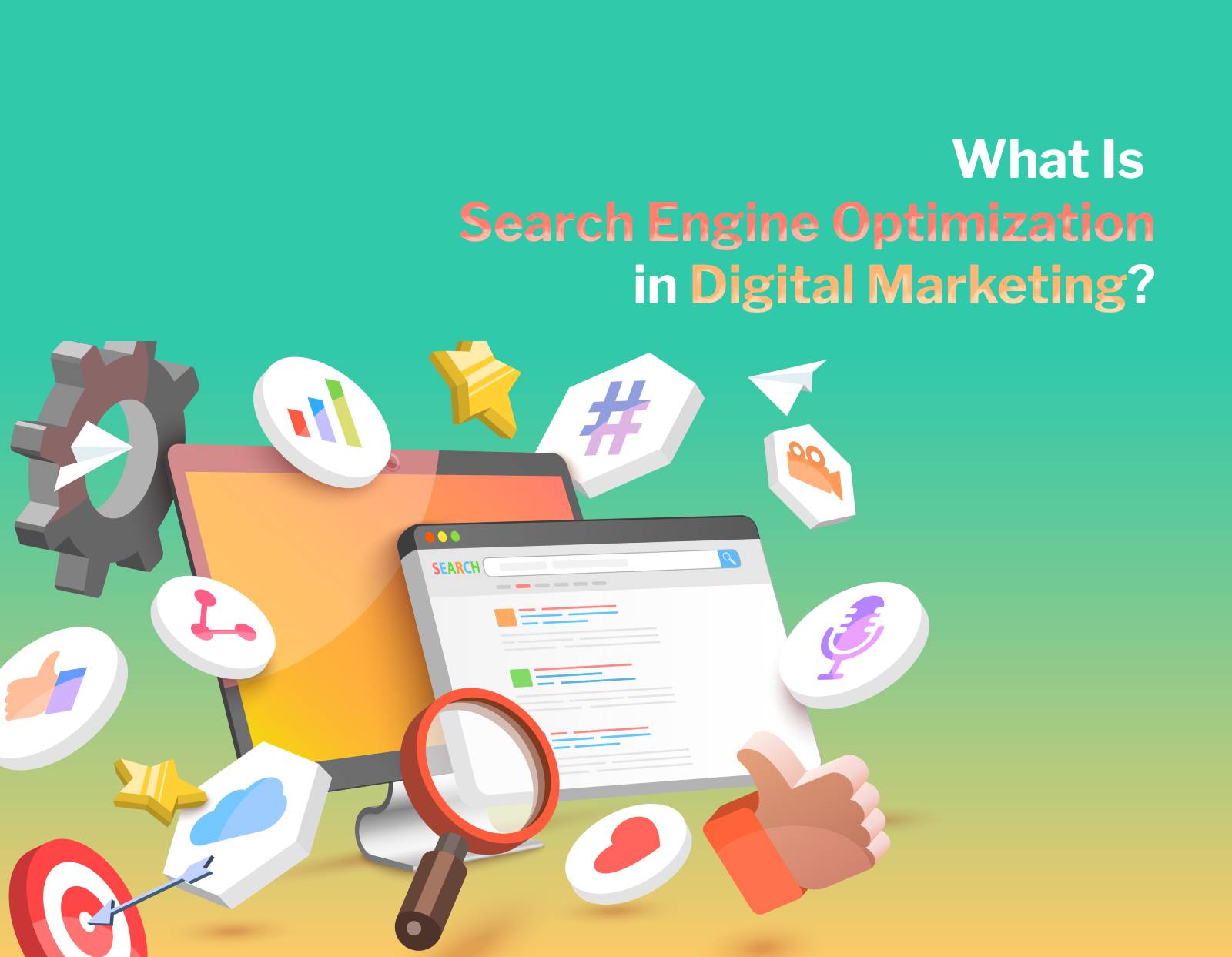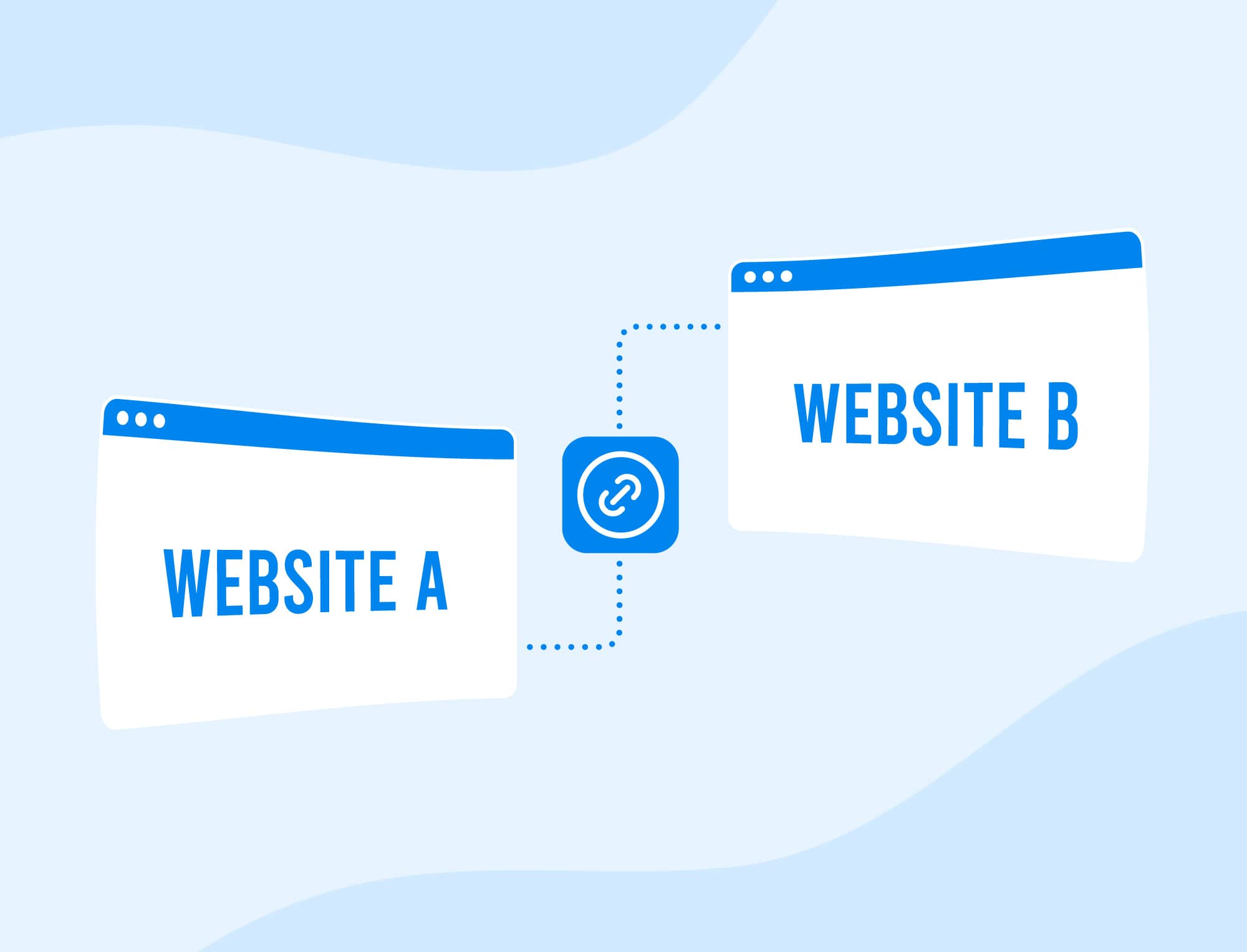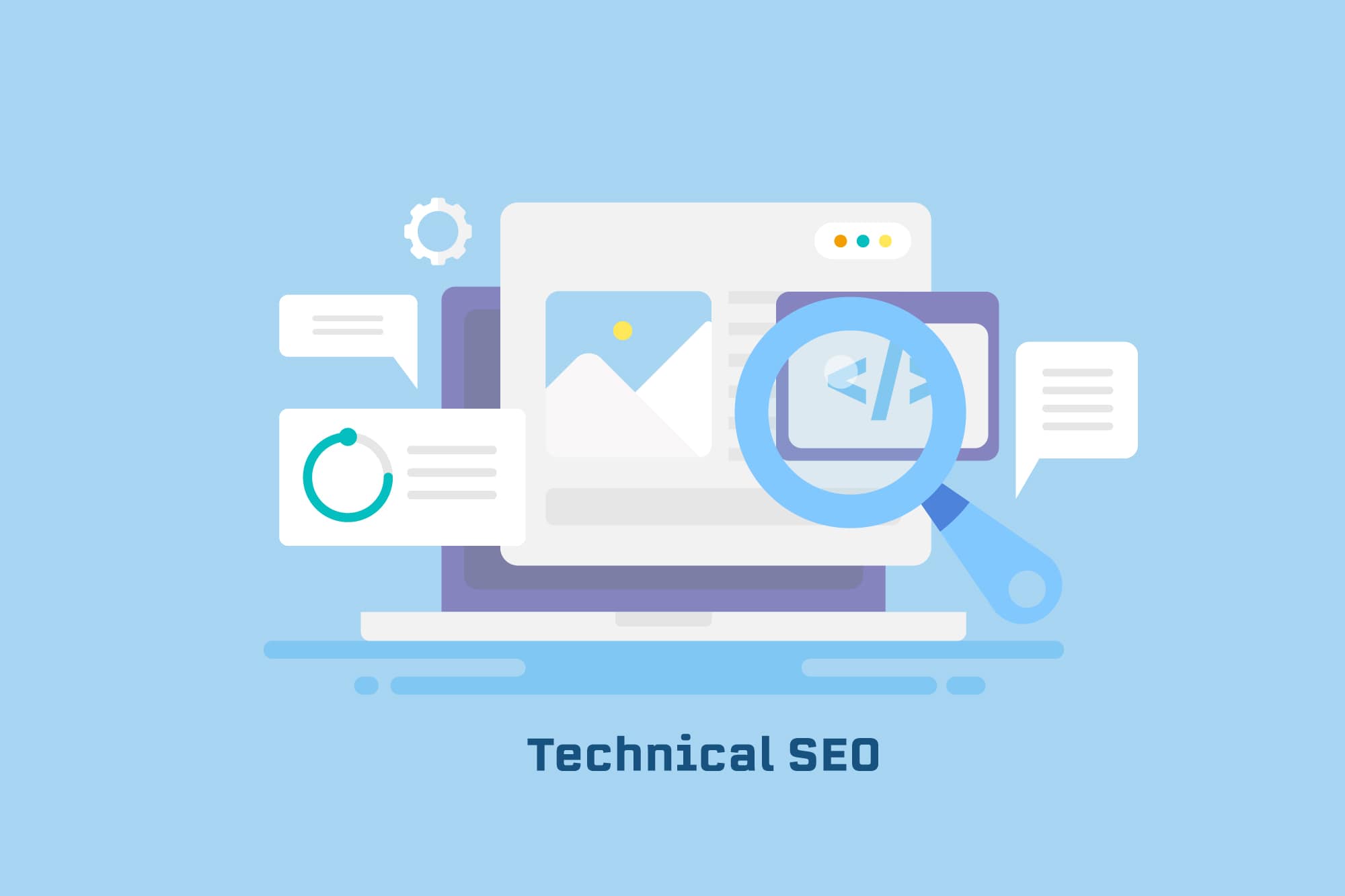
Search engine optimization, or SEO, is an integral part of digital marketing. It is a technique used to improve the visibility and ranking of a website or web page on search engine results pages (SERPs). In this blog post, we will dive into what SEO is, why it is important, and how it works.
What is SEO?
SEO refers to the process of optimizing a website or web page to rank higher on search engines like Google. The primary goal of SEO is to drive organic traffic to a website by improving its visibility in search results. This is achieved by incorporating relevant keywords, creating quality content, and optimizing the website’s technical structure.
Why is SEO important?

SEO is essential for digital marketing because it helps businesses attract organic traffic to their website, which can lead to increased brand awareness, website traffic, and ultimately, revenue.
In addition, SEO can help businesses establish credibility and authority in their industry, as a higher ranking on search engines can signal to consumers that a website is trustworthy and reputable.
How does SEO work?
SEO works by optimizing various elements of a website, including content, structure, and coding. Here are some key elements of SEO:
Keywords

Keywords are the backbone of SEO and play a vital role in optimizing a website for search engines. Keywords are phrases or words that people use to search for information on search engines. By incorporating relevant keywords into a website’s content, businesses can improve their chances of ranking higher on search engines for those specific keywords.
The strategic use of keywords can help search engines understand what a website is all about and help it show up for relevant searches. However, it’s important to use keywords strategically and not overuse them, as search engines may consider it as spamming and penalize the website.
Thus, keyword research and optimization are crucial elements of SEO, as it helps businesses to identify the right keywords to target, incorporate them into their content and improve their chances of ranking higher on search engines.
On-page optimization

On-page optimization is a critical aspect of SEO as it involves optimizing various elements of a website’s pages to improve their relevance and quality. On-page optimization helps search engines understand the content and purpose of a website’s pages, making it easier for them to determine the website’s relevance to specific searches.
By optimizing elements such as meta titles and descriptions, headers, images, and content, businesses can improve their chances of ranking higher on search engine results pages (SERPs) for their target keywords. On-page optimization also helps to improve the user experience by making the website easy to navigate and providing valuable content that is both informative and engaging.
As a result, on-page optimization is an essential element of SEO, as it helps businesses create a website that is both user-friendly and optimized for search engines, ultimately driving more organic traffic to the website.
Off-page optimization

Off-page optimization is a crucial element of SEO as it involves building a website’s authority and reputation through external links from other reputable websites. Search engines consider the number and quality of backlinks to a website as a vote of confidence, indicating that the website is trustworthy and reputable.
By building high-quality backlinks from other websites, businesses can improve their website’s authority and visibility on search engine results pages (SERPs). It also involves building a strong social media presence and engaging with the audience, which can help increase brand awareness and drive traffic to the website.
In addition, by creating valuable content that is shareable and link-worthy, businesses can attract more backlinks and improve their chances of ranking higher on SERPs.
Therefore, off-page optimization is a vital element of SEO, as it helps businesses build their website’s reputation and authority, ultimately driving more organic traffic and improving their search engine rankings.
Technical SEO

Optimizing a website for search engines involves a crucial aspect known as Technical SEO. It involves improving the technical aspects of a website to ensure that it is easy for search engines to crawl, index, and understand its content.
Technical SEO covers various areas such as website structure, website speed, mobile-friendliness, security, and more. By optimizing these technical aspects, businesses can improve their website’s performance, user experience, and search engine rankings.
For example, optimizing website speed can improve user experience and reduce bounce rates, while optimizing for mobile-friendliness can improve the website’s visibility on mobile search results.
Additionally, by improving website security, businesses can protect their website from hacking and increase user trust. Overall, technical SEO is an essential element of SEO as it helps businesses create a website that is optimized for search engines and provides a better user experience, leading to higher search engine rankings and more organic traffic to the website.
Conclusion
In conclusion, SEO is a crucial element of digital marketing that helps businesses improve their visibility on search engines and attract organic traffic to their website. By incorporating relevant keywords, creating quality content, and optimizing a website’s technical structure, businesses can increase their chances of ranking higher on search engines and reaching their target audience.
eFusion Technology is more than just a website development company; we are committed to ensuring the ongoing success of our clients’ websites. This includes creating effective SEO strategies that contribute to our reputation as one of Singapore’s leading creative agencies. If you’re ready to get started on your website’s success, don’t hesitate to contact us today!

